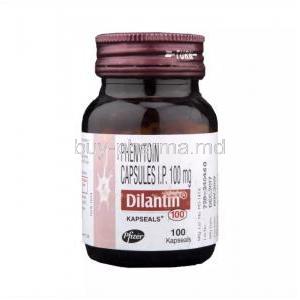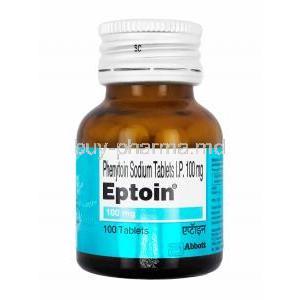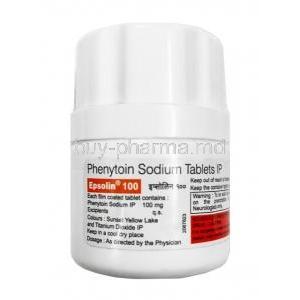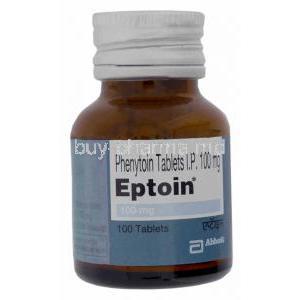Phenytoin Sodium
- I. Introduction to Phenytoin Sodium
- II. Composition of Phenytoin Sodium
- III. How Phenytoin Sodium Works
- IV. Uses of Phenytoin Sodium
- V. Off-Label Uses of Phenytoin Sodium
- VI. Dosage and Administration of Phenytoin Sodium
- VII. Administration Considerations Across Different Demographics
- VIII. Side Effects of Phenytoin Sodium
- IX. Important Precautions and Warnings
- X. Special Handling and Storage Requirements
- XI. Overdose and Emergency Management
I. Introduction to Phenytoin Sodium
Overview of Phenytoin Sodium
Historical Context and Development
Importance in Modern Medicine
II. Composition of Phenytoin Sodium
Chemical Structure and Properties
Formulations Available
III. How Phenytoin Sodium Works
Pharmacodynamics: Mechanism of Action
Pharmacokinetics: Absorption, Distribution, Metabolism, and Excretion
IV. Uses of Phenytoin Sodium
Primary Indications: Seizure Control and Epilepsy Management
- Epilepsy: Phenytoin is an anticonvulsant drug used for the prophylaxis and control of various types of seizures. It is effective in treating:
- Grand mal seizures
- Complex partial seizures
- Seizures during or following neurosurgery
- Status Epilepticus: Injectable phenytoin and Fosphenytoin (the phosphate ester prodrug formulation of phenytoin) are indicated for the treatment of tonic-clonic status epilepticus and for preventing and treating seizures during neurosurgery1.
V. Off-Label Uses of Phenytoin Sodium
Expanded Applications in Psychiatry
- Bipolar Disorder: Recent studies suggest that phenytoin may have a role in managing bipolar disorder. Its ability to modulate neuronal excitability could contribute to stabilizing mood swings1.
- Depression: Although not a primary treatment, phenytoin’s impact on neuroexcitability has led to investigations into its potential as an adjunctive therapy for depression. However, more research is needed in this area1.
- Pain Management: Phenytoin’s ability to reduce nerve hyperactivity makes it a candidate for pain management. It may help alleviate discomfort in certain neuropathic pain conditions1.
Investigational Uses in Neuroprotective Therapies
Ongoing studies are exploring the potential of Phenytoin Sodium as an element for the brain in cases like stroke and traumatic brain injury, suggesting its advantages may extend beyond conventional applications.




























